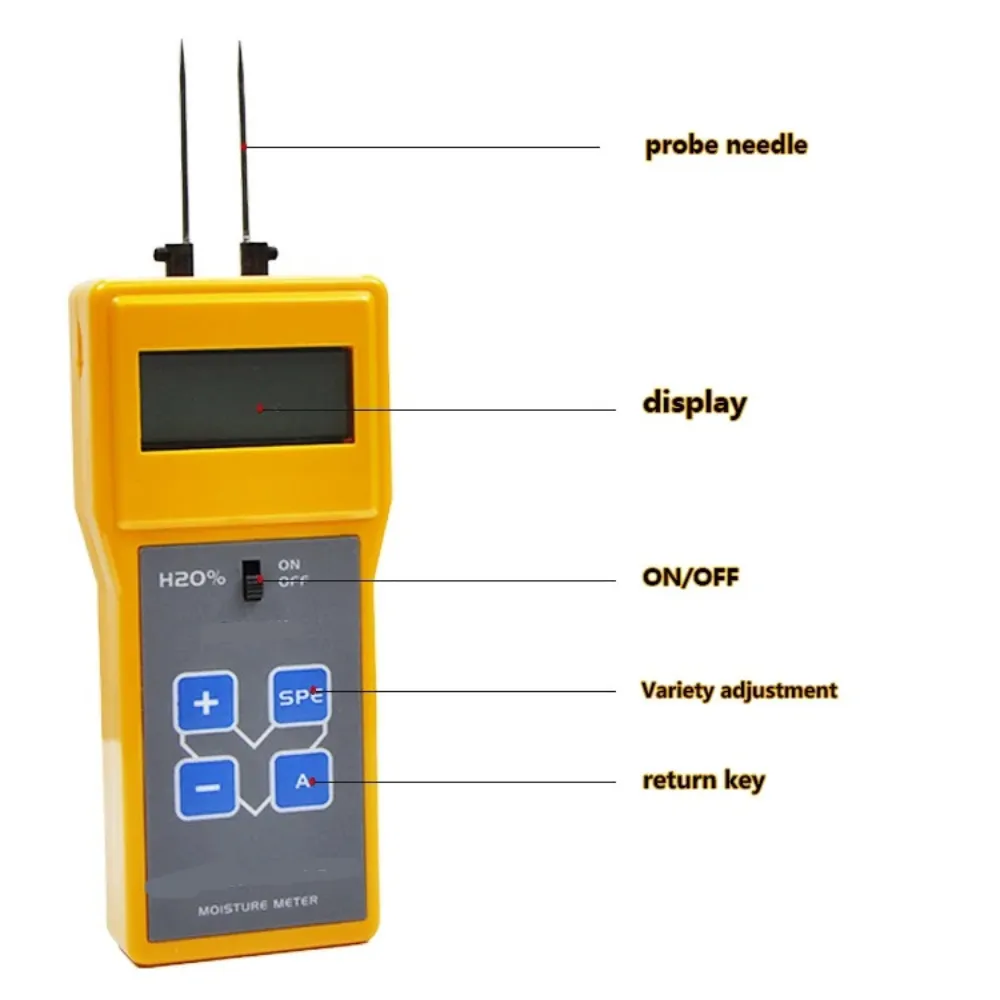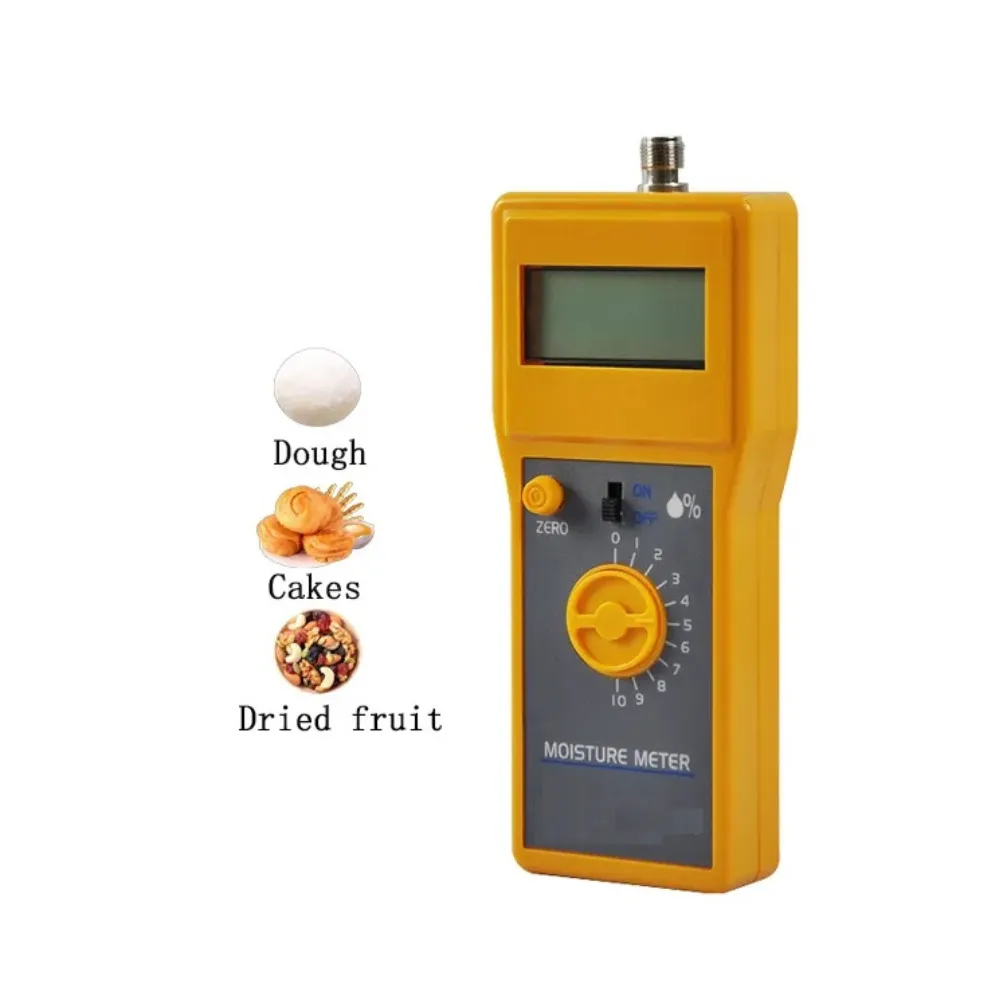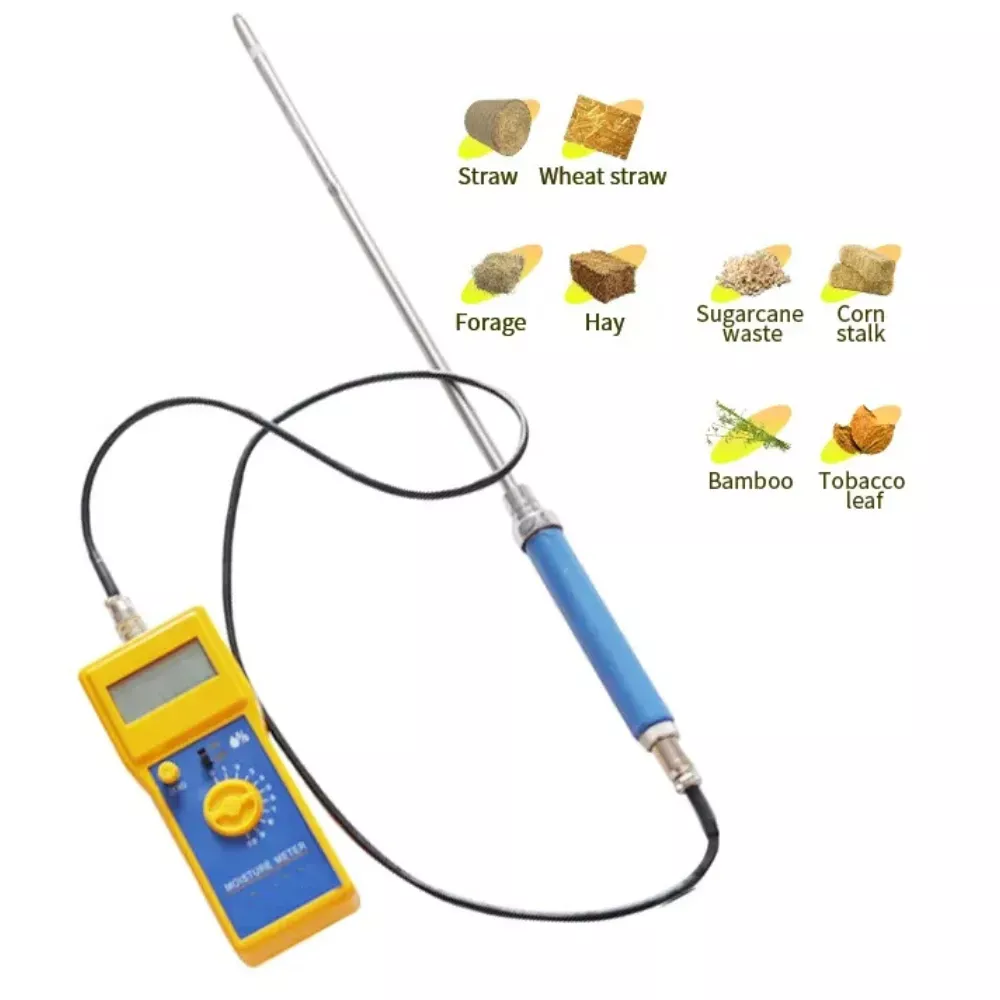
The Importance of Soil Moisture Meters in Agriculture
Table of Contents
The Critical Role of Soil Moisture in Agriculture
Soil moisture is a critical factor in plant growth and development. Plants require a certain amount of water to grow and thrive, and the availability of moisture in the soil directly impacts their ability to access this vital resource. Too little moisture can lead to drought stress, while too much can cause waterlogging and root rot. Therefore, it is essential for farmers to monitor soil moisture levels regularly to ensure that their crops receive the optimal amount of water.
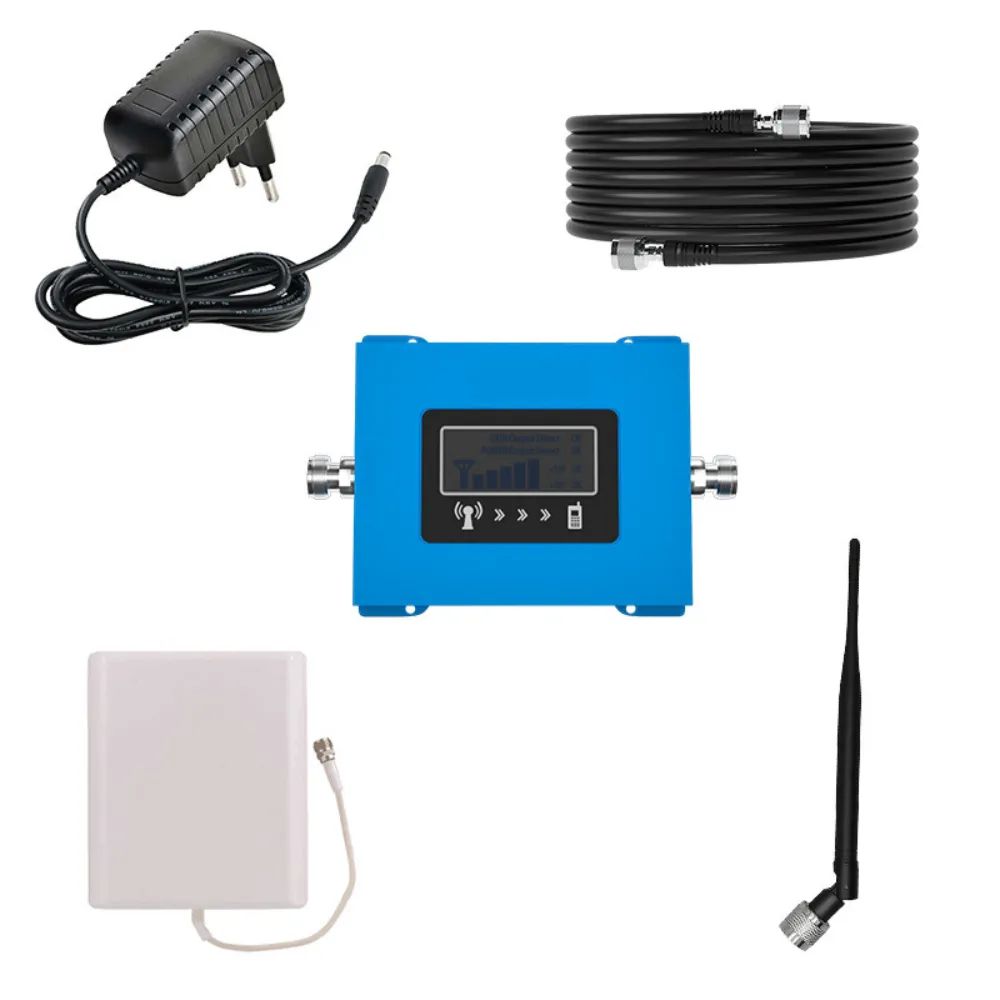
How Soil Moisture Meters Work: Measuring Electrical Conductivity
Soil moisture meters work by measuring the electrical conductivity of the soil, which is directly related to its moisture content. When an electrical current is passed through the soil, the ions present in the water molecules create a small amount of resistance. This resistance is proportional to the moisture content of the soil, allowing the meter to provide an accurate reading of the soil’s moisture level.
Optimizing Irrigation for Water Conservation and Plant Health
One of the primary benefits of using soil moisture meters is that they enable farmers to make more informed decisions about irrigation. By knowing the exact moisture levels in their fields, farmers can determine when and how much to water their crops, ensuring that they receive the right amount of water at the right time. This not only helps to conserve water resources but also reduces the risk of overwatering, which can lead to soil erosion and other environmental problems.
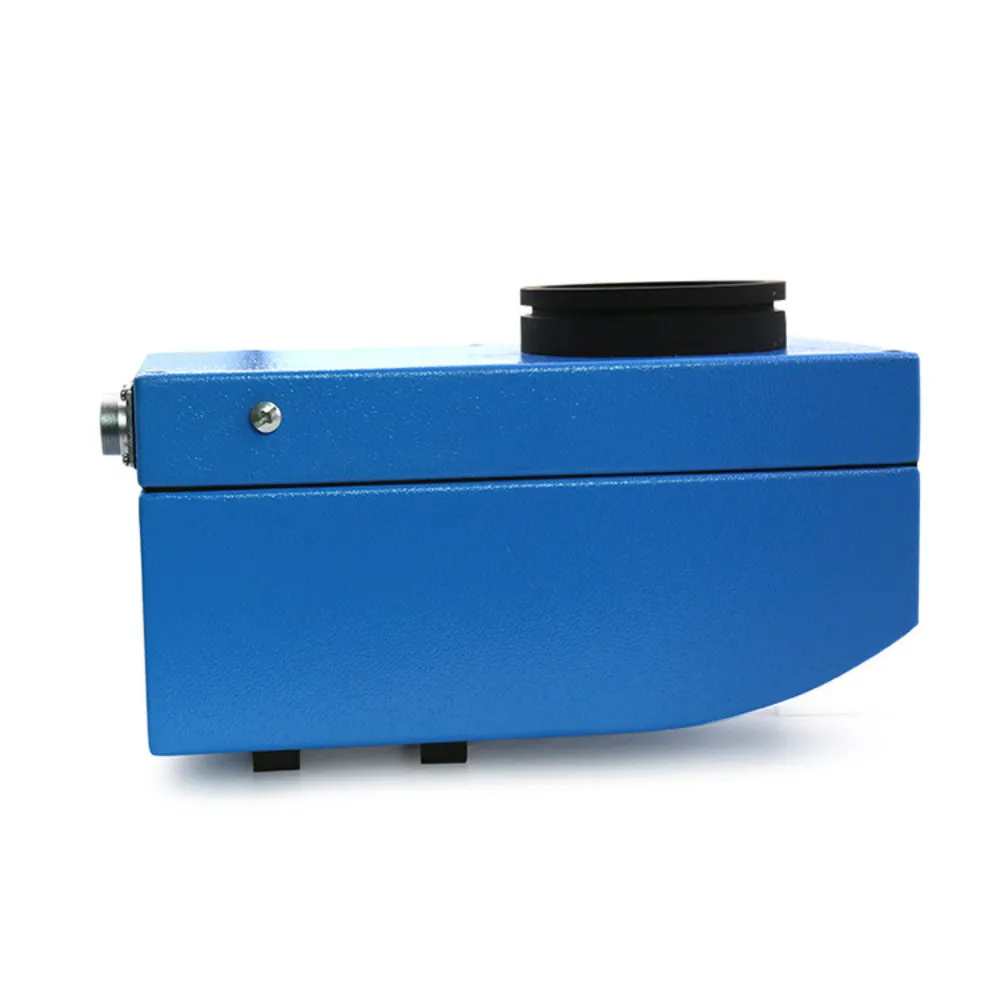
Enhancing Crop Management and Soil Health
In addition to aiding in irrigation management, soil moisture meters can also help farmers make better decisions about crop management and soil health. For example, by monitoring soil moisture levels, farmers can identify areas of their fields that may be prone to drought stress or waterlogging. This information can then be used to implement targeted management practices, such as planting drought-tolerant crops in dry areas or improving drainage in waterlogged areas.
Evaluating Soil Conservation Practices
Moreover, soil moisture meters can also help farmers monitor the effectiveness of their soil conservation practices. For instance, by measuring the moisture levels in fields with cover crops or conservation tillage, farmers can assess the impact of these practices on soil moisture retention and overall soil health. This information can then be used to refine and improve their soil conservation strategies.
Comments
Tags
Frequently Asked Question
The measurement depth varies depending on the type of soil moisture meter. Some meters measure moisture at a specific depth, while others provide readings for multiple depths.
The frequency of checking soil moisture depends on factors like crop type, weather conditions, and soil type. Generally, it’s recommended to check at least once a week, or more frequently during critical growth stages or dry periods.
Soil moisture meters are generally effective for a wide range of soil types. However, it’s important to calibrate the meter according to your specific soil type for accurate readings.
The cost of soil moisture meters varies widely depending on features and complexity. Basic models are relatively affordable, while more advanced meters with data logging and other features can be more expensive.

